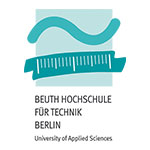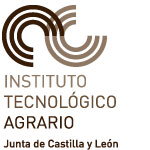PROJECT OVERVIEW
WASTE2FUELS aims to develop next-generation biofuel technologies capable of converting agro-food waste (AFW) streams into high-quality biobutanol. Butanol is one of the most promising biofuels due to its superior fuel properties compared to current main biofuels, bioethanol and biodiesel. In addition to its ability to reduce carbon emissions, its higher energy content (almost 30% more than ethanol), its ability to blend with both gasoline and diesel, its lower risk of separation and corrosion, its resistance to water absorption, allowing it to be transported in pipes and carriers used by gasoline, it offers a very exciting advantage for adoption as engines require almost no modifications to use it.
PROJECT
Objectives
Innovation
WASTE2FUELS processes will continue to drive cost reductions and efficiencies in the biobutanol produced
WASTE2FUELS does not compete directly or indirectly with food or feed production and creates no burden on water resources.
PHASES
Phase 1
Selection of renewable feedstocks for fermentation
Phase 5
Valorisation of by-products
Phase 2
Metabolic Engineering
Phase 6
Industrial Scale-up
Phase 3
Reactor development and fermentation
Phase 7
Process Fingerprint
Phase 4
Catalytic conversion of ethanol
Phase 8
Risk Assessment
FIGURES
Subscribe to the Waste2Fuels newsletter to receive up-to-date information on the project
SUBSCRIBEH2020 – LCE
Horizon 2020 is the biggest EU R&D programme ever with nearly €80 billion of funding available over 7 years (2014 to 2020). It promises more breakthroughs, discoveries and world-firsts by taking great ideas from the lab to the market. Waste2Fuels is funded under the LCE-11-2015 call.
Project Coordinator
Address
Parc Mediterrani de la Tecnologia
Avda. Carl Friedrich Gauss nº 11
08860 Castelldefels




















